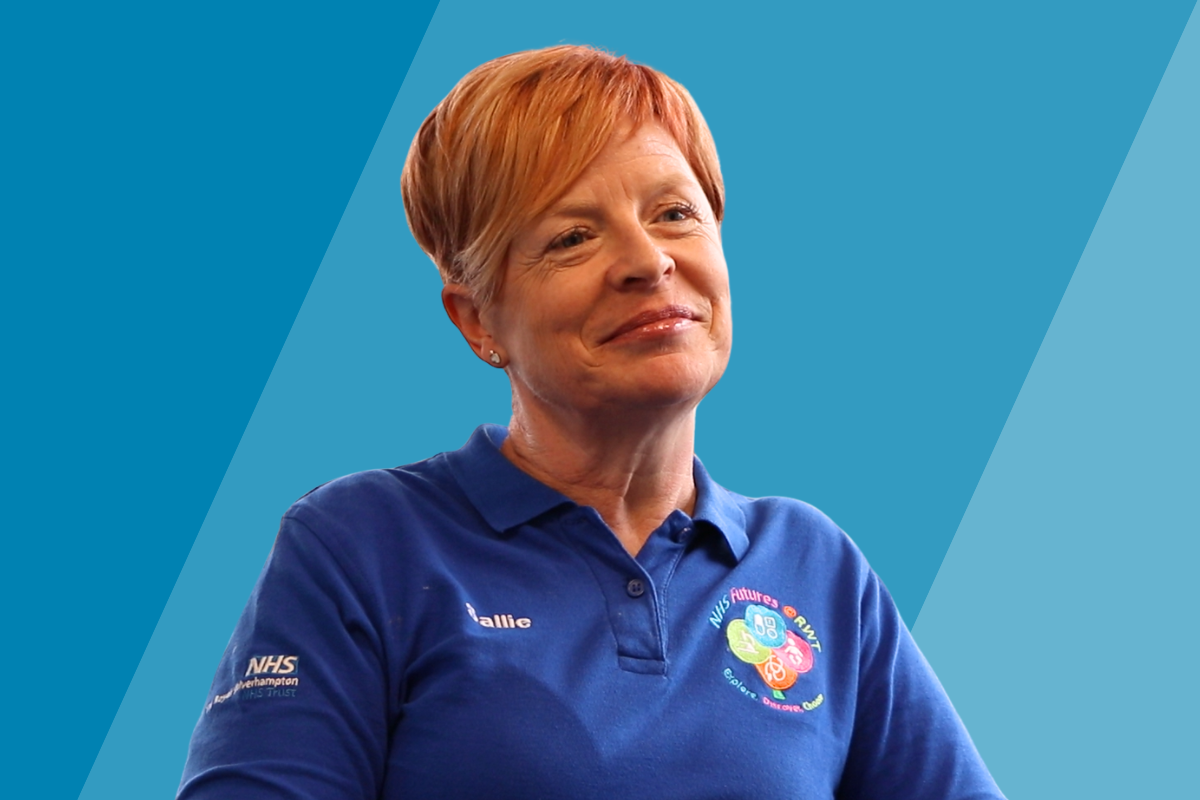Recruitment processes are hindering the progress of neurodiverse individuals.

A new report has found that autistic individuals face difficulties due to ambiguous interview questions. This highlights the frustrating lack of support that currently exists. James McLaughlin, Regional Vice President at social impact firm WithYouWithMe has been diagnosed with dyslexia and has first-hand experience of the challenges that neurodiversity can bring when pursuing a career. In response to the new report, he had the following to say.
Current recruitment processes are built to qualify candidates out, not qualify them in, so neurodiverse individuals are put on the back foot from the outset. Given the ongoing skills gap and challenges that many UK businesses face when it comes to hiring talent, we need to broaden our approach which requires a fundamental change.
Hiring managers likely require more training in how to recognise candidates who need different types of support in the hiring process. This extra investment is critical to make it fair for the candidates, but also to allow organisations to uncover the best person for the role who may otherwise be overlooked.
The approaches detailed in the report also highlight that employers fail to look at skillsets as a whole and are not set up to get the best out of the candidate by failing to look at the whole skillset. For neurodiverse individuals, reading and writing might be a challenge that current processes only exacerbate, rather than giving them the best opportunity to demonstrate their strengths. The standardised approach doesn’t help unlock the right skill sets and creates a sandbox which is crying out for diversity of thought to build high-performing teams.
The recruitment process must consider the strengths that neurodivergent people have such as attention to detail, more efficient approaches to work, creativity, organisation and many others. Of course, they may not be fit for every single role – no one is – but for just 30% of autistic people to be working in the UK means we’re certainly missing out on huge potential.










Responses